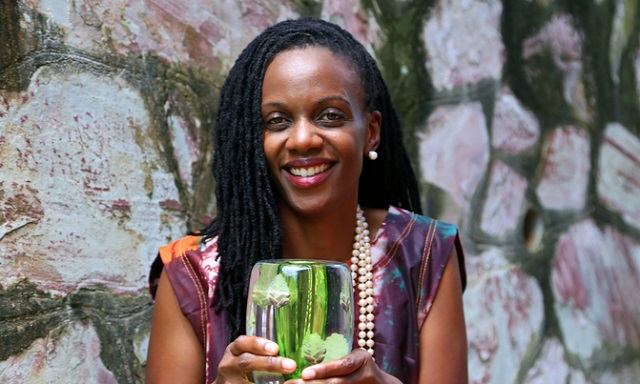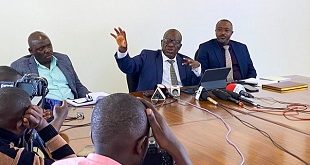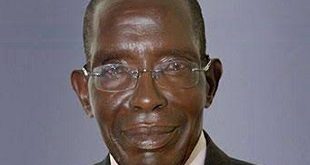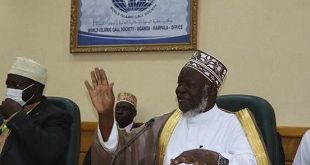
Kampala, Uganda | THE INDEPENDENT | 2020 Africa Food Prize winner Dr Catherine Nakalembe has decided to donate her prize money for setting up a library to help decision-makers access data to predict and direct resources where they are most needed in the field of agriculture.
The Assistant Research Professor at the University of Maryland in the US told URN in an interview on Tuesday that the Friday announcement came off as a surprise through a call from Nigerian former president Olusegun Obasanjo.
When she saw the call for nominations early this year, Nakalembe says she hardly anticipated that she would win having understood it to be targeting innovators who develop solutions that directly impact the farmer or agriculture. Her co-winner Dr André Bationo from Burkina Faso developed a method of micro-dosing that involves using very little environmental friendly fertilizers to boost crop yields.
Nakalembe collects data through satellite technology which is used to guide agriculture decision making.
Applying this data initially in 2015 when she was pursuing her PhD research at the University of Maryland in the US, Nakalembe is now using her ability to map using GPS and predict the occurrence of natural disasters and likely performance of crops in different terrains and seasons.
As a result of this, she has trained government officials and scientists in different countries including Mali, Ethiopia, Kenya, Rwanda and Tanzania among others in Africa. In Uganda, she has seen her data being applied by the government to make a decision about tackling hunger in Karamoja.
She says with data and evidence-based interventions, government programmes like Operation Wealth Creation (OWC) would put resources where they are most needed by comparing what’s happening in different areas. This way, she says there will be efficiency in agriculture which is the agenda of the prize.
However, Nakalembe only became an environmental scientist by chance having missed her first preference sports science course when she was enrolling for her undergraduate programme at Makerere University early in 2002.
Being unable to afford self-sponsorship at the university, she resolved to settle for a new course at the time of environmental science which she blended with a number of short courses in ICT that formed her first knowledge of using the computer to do the mapping.
A few months after graduation and conducting her undergraduate research in remote sensing of the environment, Nakalembe would apply and win a partial scholarship for a master’s degree in Geography and Environmental engineering at the Johns Hopkins University.
Apart from agriculture, she has used her mapping technology with drones to guide the establishment of Bidi Bidi refugee settlement camp in Yumbe district which is among the biggest refugee sites in the world.
Also last year, she won the Inaugural GEO Individual Excellence Award that recognizes scientists who have come up with scientific innovations that can be easily turned into applicable solutions.
******
URN
 The Independent Uganda: You get the Truth we Pay the Price
The Independent Uganda: You get the Truth we Pay the Price


